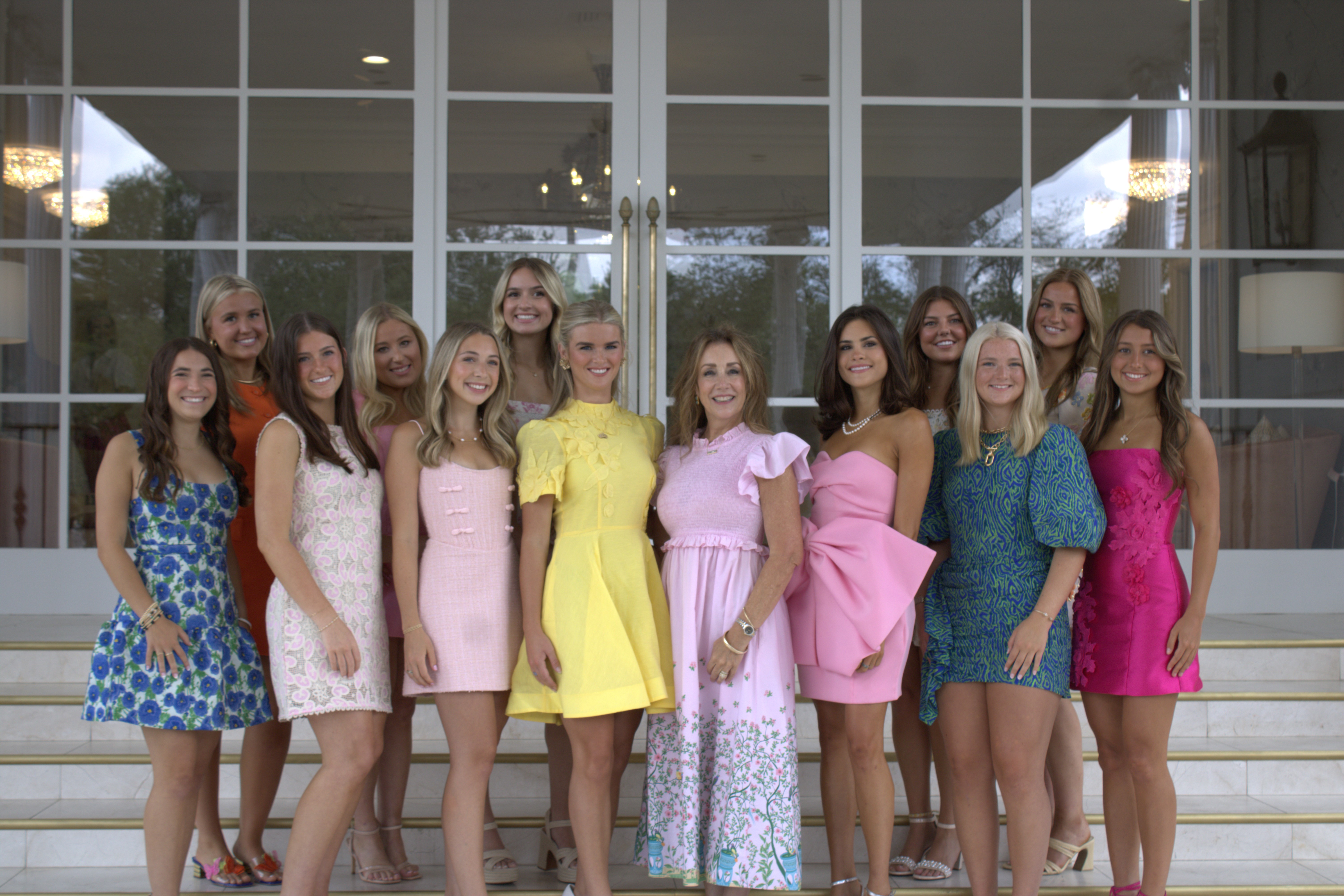Economic recovery fears, uncertainty
Published 4:24 am Tuesday, October 6, 2015
What the Friday jobs report shows that this remains the weakest recovery in modern history. Fewer jobs were added in September than economists had hoped for, and at the same time, the estimates for jobs created in July and August were revised downward.
The size of the workforce shrank even more, to 62.4 percent of the U.S. population – that’s the lowest level since 1977.
Trending
There’s no mystery here. The problem is economic uncertainty. Business owners are fearful of what fresh hell the next presidential news conference will bring.
“Who wants to hire, lend or invest when the next stroke of the presidential pen or Justice Department witch hunt can undo all the hard work?” asks John Cochrane of the Hoover Institution in the Wall Street Journal. “Ed Prescott emphasizes large distorting taxes and intrusive regulations. The University of Chicago’s Casey Mulligan deconstructs the unintended disincentives of social programs. And so forth. These problems did not cause the recession. But they are worse now, and they can impede recovery and retard growth.”
Economic uncertainty is the topic of a new paper from economics with Stanford, Northwestern and the University of Chicago.
“As measured by our index, we find that current levels of economic policy uncertainty are at extremely elevated levels compared to recent history,” the write in “Economic Policy Uncertainty.” “Since 2008, economic policy uncertainty has averaged about twice the level of the previous 23 years.”
Here’s just one example. There are nearly constant calls for an increase in the minimum wage at the federal level – and in some places, at the state level. That’s causing many firms to put off hiring decisions and in some cases, research robotic solutions to labor needs.
In Portland, Oregon, Michelle Corry says that with so much uncertainty about her labor costs, she’s wondering if she can even continue to operate restaurants in the region.
Trending
“That’s the most frustrating part of it,” she told the Portland Press-Herald. “Employees are going to eventually lose. We’re going to lose, and the customer is going to lose because they’re going to pay more. I don’t know who it is benefiting, to be completely honest with you.”
That debate has been going on for more than a year, and it’s the uncertainty that’s hurting, she said.
For many of us, economic uncertainty is “the new normal,” according to NBC’s Allison Linn.
“After nearly four years of unrelenting and largely negative economic news, it’s no surprise that Americans are feeling beaten down,” she wrote last year. “The worrisome thing is that this very pessimism may be adding to the nation’s dour economic condition.”
The economy – particularly the consumer spending portion of it – is very much a confidence game. We all base our willingness to make big purchases on our confidence that we’re going to still have our jobs in a few months, for example.
As long as economic uncertainty, in the form of new regulations and executive orders, continues to emanate from Washington, the economy won’t truly recover.
And it may not – until we have a new administration.







